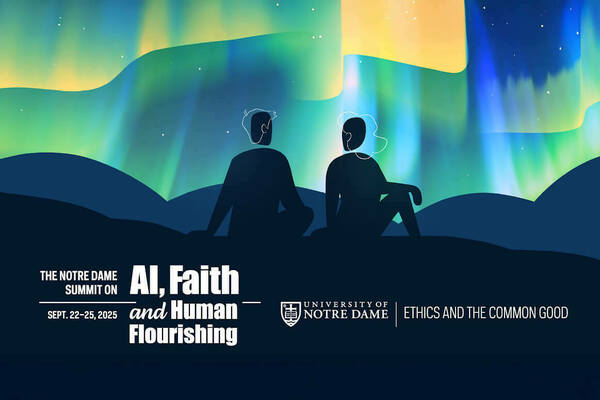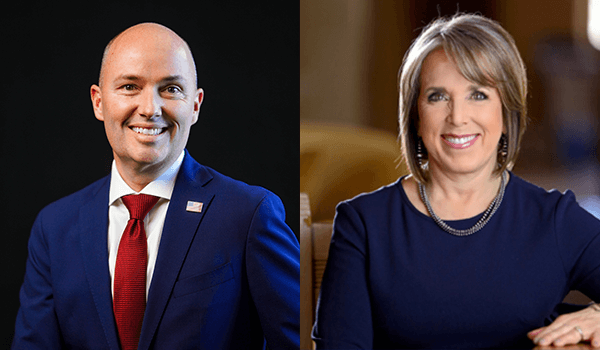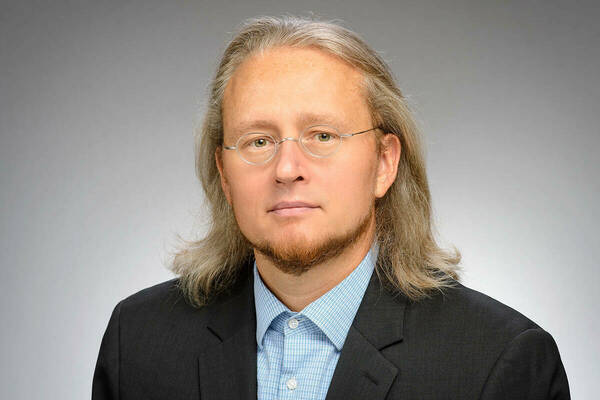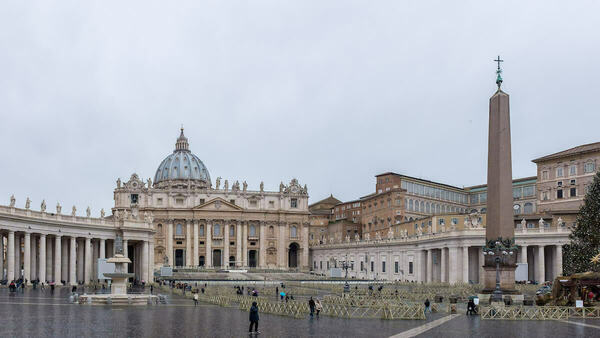Alumnus Khan Shairani named US Department of State Critical Language Scholar
University of Notre Dame alumnus Khan Shairani, who received his doctorate in peace studies and history from the Kroc Institute for International Peace Studies in May, has been selected for the U.S. Department of State’s Critical Language Scholarship Program.
Shairani, who is interested in the intersection between religion and peace, completed his dissertation examining the intellectual legacy of two 18th-century Islamic scholars from the Mughal and Ottoman empires who transformed the epistemologies of classical Islamic thought in response to internal and colonial challenges. In particular, he explored how Muslims could navigate tumultuous times by reengaging and reviving their tradition.
His other research interests include colonialism and post-colonialism, Islamic theosophy and representations of Muslims in film.
Shairani received his undergraduate degree in Arabic and Chinese from Williams College and his master’s degree in Islamic studies from Harvard Divinity School. While at Notre Dame, he was a translator and instructor for the Madrasa Discourses program. He also founded the Graduate School club Film Lovers of International Cinema, which introduces intersectional and diverse cinema to students.
Shairani’s research has been supported by the Benjamin A. Gilman International Scholarship as well as Notre Dame’s Nanovic Institute for European Studies, Liu Institute for Asia and Asian Studies and Kroc Institute for International Peace Studies. He has also received the Qasid Annual Scholarship for the study of Quranic Arabic in Jordan.
As a Critical Language Scholar, he is currently studying Persian.
“The Critical Language Scholarship for Persian will help me advance my skill set and Indo-Persian texts, an important source for historical information on the Indian subcontinent,” Shairani said. “This will be essential for engaging critical sources for understanding and producing scholarship on the early modern period in South Asia.”
The Critical Language Scholarship Program is an intensive overseas language and cultural immersion program for American students enrolled at U.S. colleges and universities. Students spend eight to 10 weeks abroad studying one of 13 critical languages. The program includes intensive language instruction and structured cultural enrichment experiences designed to promote rapid language gains.
This year’s cohort of approximately 500 scholars was selected from a pool of more than 5,000 applicants. Recipients come from all 50 U.S. states, as well as the District of Columbia and Puerto Rico, and include students from more than 200 institutions of higher education, including public and private universities, community colleges, liberal arts colleges, military academies and minority-serving institutions.
“We congratulate Dr. Shairani on receiving this prestigious award that will expand his already impressive linguistic skills and disciplinary expertise,” said Michael Skalski, associate program director for the Graduate School’s Office of Grants and Fellowships. “The Critical Language Scholarship Program, like other similar fellowships, helps our researchers not only to develop their professional skills, but also to become the sought-after experts in regional languages and cultures. Combined with the training Notre Dame offers, our alumni are well equipped to become a force for global good.”
For more on this and other scholarship opportunities, visit cuse.nd.edu (undergraduate students) or graduateschool.nd.edu/graduate-training/research-communication/the-office-of-grants-and-fellowships/ (graduate students).
Latest ND NewsWire
- Notre Dame to host summit on AI, faith and human flourishing, introducing new DELTA frameworkThe Institute for Ethics and the Common Good and the Notre Dame Ethics Initiative will host the Notre Dame Summit on AI, Faith and Human Flourishing on the University’s campus from Monday, Sept. 22 through Thursday, Sept. 25. This event will draw together a dynamic, ecumenical group of educators, faith leaders, technologists, journalists, policymakers and young people who believe in the enduring relevance of Christian ethical thought in a world of powerful AI.
- Notre Dame Democracy Initiative hosts bipartisan conversation with Western state governorsTwo Western state governors known to work across the aisle on policy issues such as water, housing and energy will visit the University of Notre Dame for a fireside chat about how Western state pragmatism can serve as a model for the country to overcome polarization.
- In new research, Roy Scranton explores climate change and the limits of human progressIn his most recent book, “Impasse: Climate Change and the Limits of Progress,” Scranton, an associate professor of English, defines the impasse he sees as “not only political and institutional, but cognitive, existential and narrative” and asserts that the only path forward is through embracing what he terms ethical pessimism. “A lot of people confuse pessimism with nihilism, apathy and despair,” Scranton said. “But pessimism is actually about recognizing our limits, letting go of unrealistic goals, finding solidarity in the fact of human suffering and doing what you can now, not in some utopian future.
- Notre Dame MBA launches deferred admission programThe Notre Dame MBA Deferred Admission Program allows candidates with little or no work experience, including college seniors, to secure admission before reaching the recommended three years of work experience to enroll.
- ‘Prebunking’ false election claims may boost trust in electionsIn recent years, democracies worldwide have seen a growing erosion of trust in election outcomes and institutions, driven in part by fears of widespread fraud. New Notre Dame research finds that “prebunking” — providing accurate information before false claims spread — boosts trust in elections more effectively than traditional fact-checking.
- ND experts on the canonization of Carlo AcutisAs the Church awaits the ceremony in St. Peter’s Square, where Pope Leo XIV will formally declare Acutis a saint, University of Notre Dame experts Kathleen Sprows Cummings, Brett Robinson and Timothy O’Malley reflect on his life and his path to sainthood.













